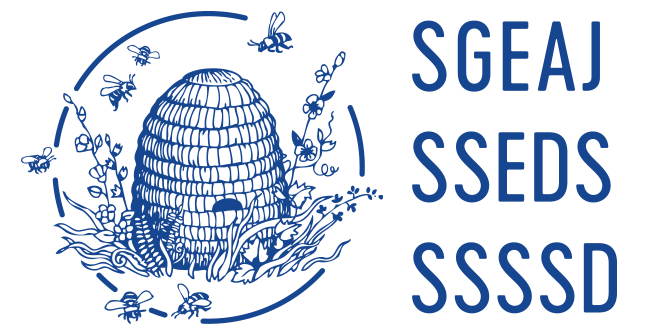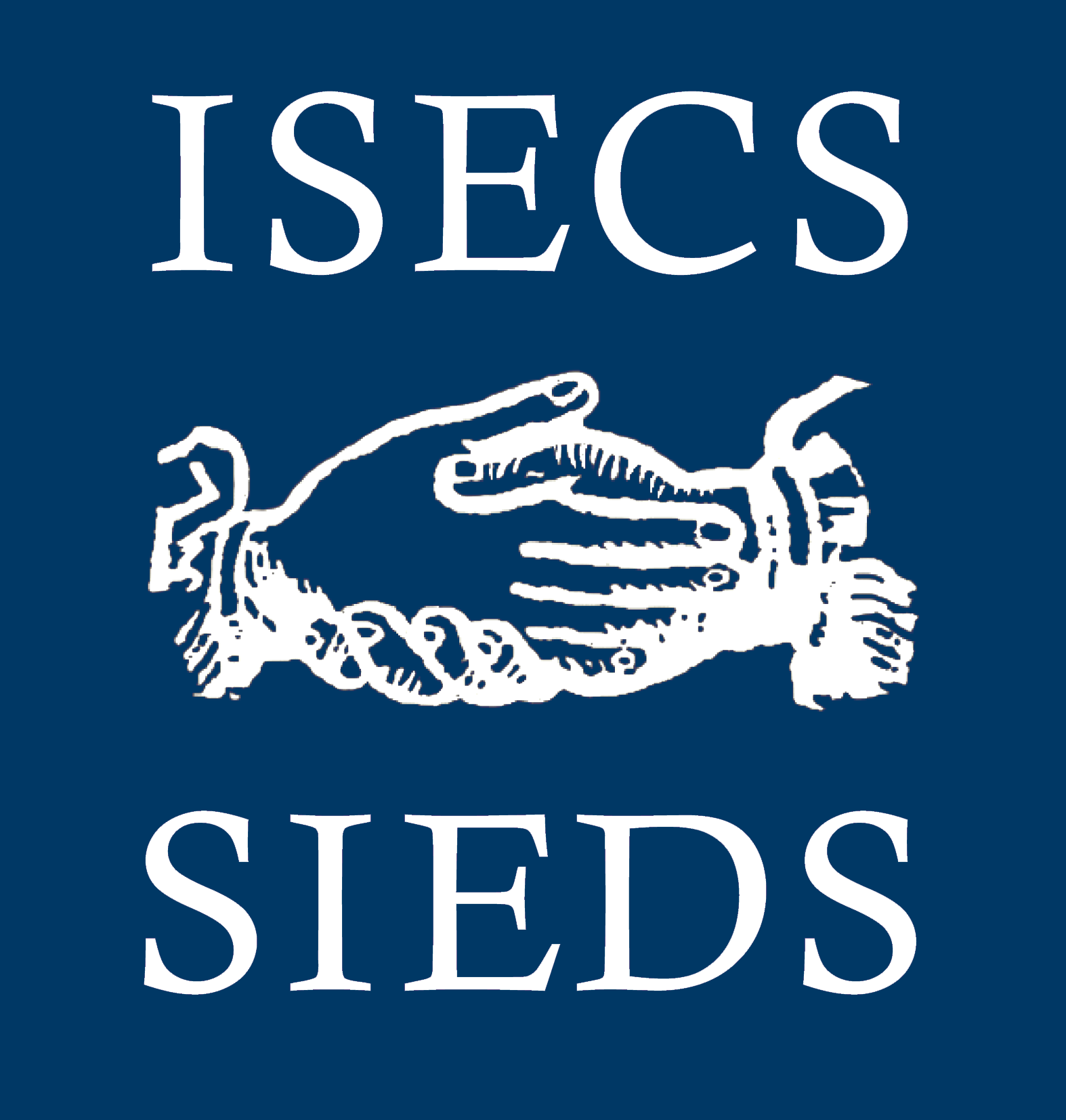Call for papers for the next Early Career Seminar of the International Society for Eighteenth-Century Studies (ISECS), to be held in Trier, Germany, from 17 to 20 June 2026. Deadline for submissions: 1 July 2025.
Eighteenth-century studies were long based implicitly or explicitly on the premise that contacts between European, African, and Asian cultures had no significant intellectual and cultural impact before the modern Age of Imperialism. In the historiography of the European Enlightenment, the interaction with non-European thought in the course of early-modern European colonial expansion has long had a place, but was above all understood – as in the « shock of discovery » thesis – as the trigger of a process that undermined European certainties. In the second half of the twentieth century, scholars emphasized othering processes rather than circulations, receptions, and translations. In recent decades, however, scholarship has gained a much better understanding of the profound impact that contacts across religious borders had on thought and culture before modern European imperialism in Afro-Eurasia. Three scholarly developments have been particularly significant: first, placing eighteenth-century phenomena in the longue durée of Christian erudition has shown the roots in knowledge-making of many reorientations once associated with secularization. Second, emphasizing the mobility of people and objects, in particular manuscript books, has revealed the groundedness of new perceptions in material circulations. Third, taking seriously as intellectuals all participants in global interactions has revealed a world not divided between thinkers and their informants or intermediaries but rather one in which knowledge was co-produced cross-culturally by a variety of agents.
The Early Career Seminar aims to contribute to this renewal by understanding cultural and intellectual change as a response to the increasing connectivities in the early modern world. For the purposes of the seminar, we will restrict our focus to interactions between what we are calling « transcendentalist worldviews, » namely the universalist religious and/or ethical systems that prevailed in large parts of Afro-Eurasia since antiquity. The centuries-long dominance of universalist ethical systems from Japan to Portugal and West Africa suggests an intensive dialogue along the many roads linking world regions in the pre-modern era. In recent scholarship, a special emphasis has been placed on the circulation of millenarianism in early-modern Eurasia, yet addressing circulations is as relevant for many kinds of religious and ethical reform movements, like moral rigorism, mysticism or the quest for a more rational religion and a society based on natural principles. Adopting a broad view on religious and ethical change across Afro-Eurasia may help to provincialize Europe by putting ideas popular from Portugal to Russia into a wider geographical and chronological context.
For more information and questions, please consult the call for papers below or contact Damien Tricoire, co-organiser of the seminar, via email at tricoire@uni-trier.de.





